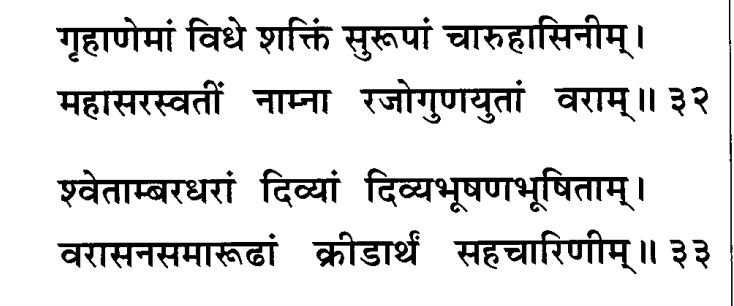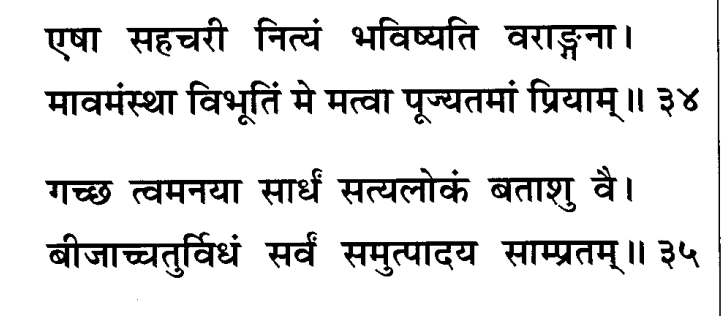
In the wild world of Hindu myths, there’s a tale that Lord Brahma tied the knot with his own daughter, the divine Goddess Saraswati. This eyebrow-raising move earned him a stern scolding from Lord Shiva in the form of a curse: no more godly worship for Brahma!
In Hindu mythology, there are additional narratives explaining why Lord Brahma is not widely worshipped:
- A conflict arose between Lord Vishnu and Lord Brahma, each claiming superiority over the other. To settle the dispute, Lord Shiva manifested as a luminous pillar, challenging them to find its ends. While Lord Brahma sought the top and Lord Vishnu the bottom, they eventually met at the starting point. Although Lord Vishnu admitted his inability to locate the end, Lord Brahma falsely asserted he had succeeded. This deceit led to Lord Shiva’s curse, decreeing that due to his falsehood, Lord Brahma would cease to receive worship.
- Another legend recounts Sage Bhrigu’s quest to determine the most deserving deity for a sacrificial offering among the trinity of Lord Brahma, Lord Shiva, and Lord Vishnu. Upon approaching Lord Brahma, the sage found him engrossed in the music played by Goddess Saraswati on her Veena. Displeased by this neglect, Sage Bhrigu cursed Lord Brahma, decreeing that henceforth, he would not be revered by anyone.
Now, let us dispel the myth surrounding the question of whether Lord Brahma truly married his own daughter.

In the Devi Bhagwat Puran, Canto 3, Chapter 2, you will encounter the following verses.

In this verse, Devi Adishakti implores Lord Brahma, Lord Vishnu, and Lord Shiva to commence their roles as the Creator, the Protector, and the Destroyer without hesitation or apprehension.

In this verse, it is recounted that upon listening to the captivating words of Goddess Adishakti, the trinity inquired, “O Mother! We are devoid of power, how shall we commence the act of creation when there is no earth, only water surrounding us?”
After numerous discussions between the Trinity and the Goddess Adishakti!
In Canto 3, Chapter 5, these verses elucidate how Lord Brahma acquires the power necessary to fulfill his duties as a creator.

In these verses, it is stated, “O Brahma! Kindly accept this elegant lady, seated gracefully on a divine swan, radiating opulence in divine white garments and adorned with celestial jewelry. Her name is MahaSaraswati, and she is presented as your consort.”

In these verses, Devi conveys that this elegant lady will forever be your companion. It is emphasized to always honor this divine companion. Proceed to Satyalok( Lord Brahma’s celestial abode) with her and commence your responsibilities as a creator.
Goddess Saraswati was selected as Lord Brahma’s consort to bestow him with energy. Revered as the deity of knowledge, art, music, and creativity, Goddess Saraswati embodies the essential skills necessary for the act of creation.
After reading the above passages, it is now simple to assert that Goddess Saraswati is not the daughter of Lord Brahma. Let’s not believe anything that people say about our culture; instead, we should constantly consult the scriptures to ensure that we are always aware of the truth.

